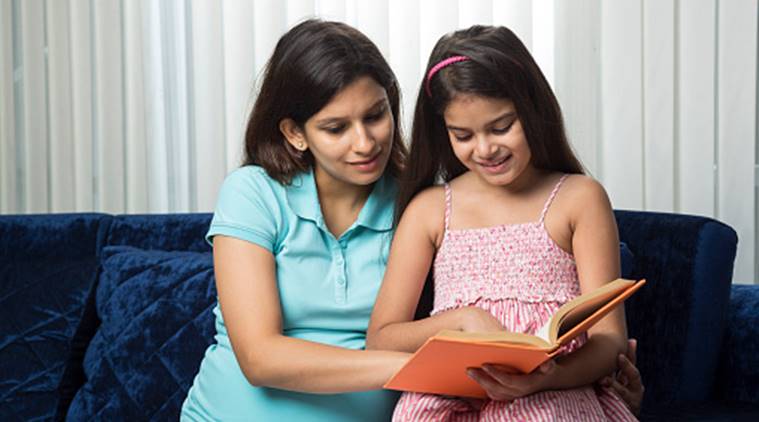Reading is a habit, which not only helps children learn without being bored but also helps expand their mind and imagination. It's like yoga for the mind. A variety of stories introduce children to many characters, adventures, outlooks and opinions.

By Girija Jhunjhunwala
Vacations mean binging on television shows when the sun is high in the sky and playing till the sun goes down – fun, all day. Children are obviously not thinking about studies at that time. But after the summer vacations are over, going back to the school routine may become challenging. In that case, how can parents help children bridge the gap and make sure that children have no issues getting back to the school routine? Well, the answer is simple. Get children to read!
Reading is a habit, which not only helps children learn without being bored but also helps expand their mind and imagination. It’s like yoga for the mind. A variety of stories introduce children to many characters, adventures, outlooks and opinions. The stories can be of the fiction or non-fiction genre. The non-fiction genre provides a lot of information and increases the knowledge pool of children. The fiction genre too provides information and gives flight to their fantasies. The vocabulary in the stories then help the children recognise and articulate their own feeling too. Many researches show that reading in children can often lead them to write their own stories, poems, notes, journals and so on.
Also Read| Meet Sia Gupta, who wrote 4 books of fairy tales in verse at the age of 9
The habit of reading books makes the child reach out for material outside the course and schoolwork, and seek information, which is represented in a fun way. But many a time, parents find it difficult to make children sit in one place and crack open a book. In this day and age of gadgets, children would rather spend their free time on various other mediums than on a book. Parents can then introduce their children to comics and graphic novels. The sequential art and the lucid text make reading more fun and retaining information a less tedious task. Various child psychologists agree that children find the information provided with visual stimulation easier to retain and take to it like fish to water. Thus, parents will face least resistance to reading if they buy illustrated books, comic and graphic novels for their children.
Also Read| How reading stimulates the mind and helps in children’s mental wellbeing
If as parents, feel apprehensive about the content in graphic novels and comics, they can choose graphic novels or illustrated books about famous leaders and iconic people, like Mahatma Gandhi, Rani Lakshmibai and Nelson Mandela. That way, children will not only learn about history but also learn about what these people did and how they influenced changes in the world. Children need to have the exposure about how not only in fictional tales, but in real life too people fought the odds and won despite many hurdles in life.
Graphic novels about mythology, classics, Shakespeare and so on, can rekindle the interest in the text, because it brings the characters and the action alive for the children. The long text then becomes a visual treat which children can read at their own pace. All these factors are important for the children, because it not only sparks the interest but keeps it alive. This hunger for knowledge then feeds the curiosity and imagination, not only for a short period but for a lifetime.
Therefore, graphic novels and illustrated books are an ideal medium for children to shake off their holiday enjoyment and get ready for studies and homework once again.
(The writer is Director, Campfire Graphic Novels.)
Source: Read Full Article
